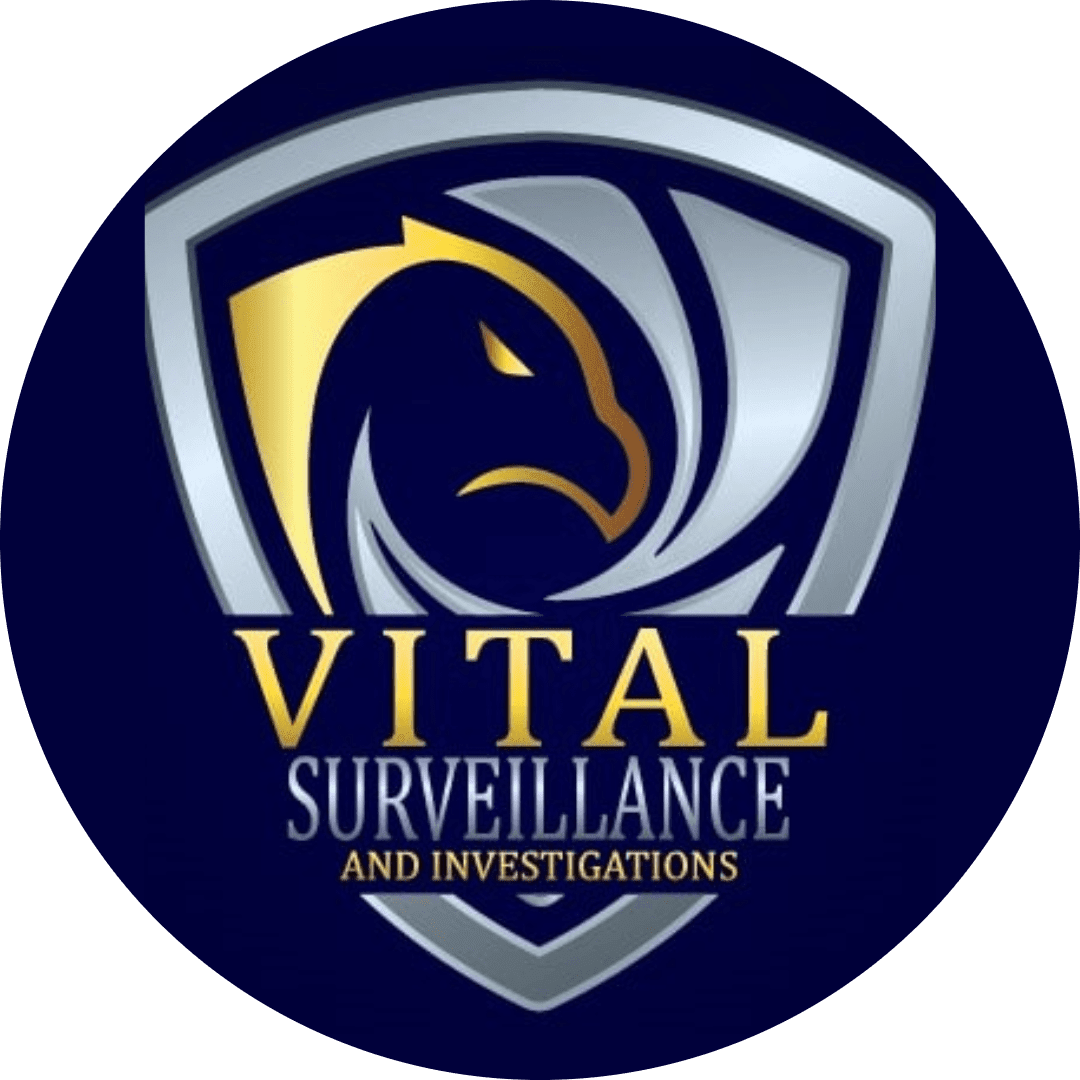
Investigative Techniques for Fraud Detection and Prevention

Published on Feb. 10th, 2024
Fraudulent activities permeate every sector of society, posing significant threats to businesses, governments, and individuals alike. As perpetrators devise increasingly sophisticated schemes to evade detection, the need for effective investigative techniques to uncover fraud and prevent future occurrences has never been more pressing. In this blog post, we delve into the intricate world of fraud detection and prevention, exploring the methodologies, technologies, and best practices employed by investigators to safeguard against financial loss and preserve trust.
Data Analytics and Forensic Accounting
In the digital age, data is the cornerstone of effective fraud detection. Investigators leverage advanced data analytics tools and techniques to sift through vast troves of financial transactions, identifying patterns, anomalies, and red flags indicative of fraudulent behavior. From Benford's Law to network analysis, forensic accountants employ a myriad of statistical methods to uncover discrepancies and irregularities that may signal potential fraud schemes. By harnessing the power of big data, investigators can proactively detect fraud, mitigate risks, and safeguard organizational assets.
Behavioral Analysis and Profiling
Behind every fraudulent act lies a human element, characterized by behavioral cues and psychological motivations. Investigators employ behavioral analysis and profiling techniques to discern the underlying motives and modus operandi of fraudsters. By studying patterns of behavior, speech, and interaction, forensic psychologists can construct profiles that shed light on the personality traits, vulnerabilities, and triggers that predispose individuals to commit fraud. This psychological insight enables investigators to anticipate and preempt fraudulent activities, enhancing their ability to detect and prevent future incidents.
Digital Forensics and Cybersecurity
As technology continues to permeate every facet of business operations, the risk of cyber fraud looms large. Digital forensics experts employ cutting-edge tools and methodologies to investigate cybercrime incidents, ranging from data breaches to identity theft. By analyzing digital evidence such as log files, metadata, and network traffic, investigators can trace the origins of fraudulent activities, identify perpetrators, and recover compromised assets. Moreover, robust cybersecurity measures, including encryption, multi-factor authentication, and intrusion detection systems, play a pivotal role in preventing cyber fraud and safeguarding sensitive information.
Internal Controls and Auditing
Prevention is often the most effective strategy against fraud. Organizations implement robust internal controls and auditing procedures to deter fraudulent activities and detect potential breaches in real-time. From segregation of duties to regular audits and reconciliations, these control mechanisms serve as deterrents against opportunistic fraudsters and provide assurance to stakeholders that financial transactions are conducted with integrity and transparency. By fostering a culture of accountability and compliance, organizations can mitigate the risk of fraud and minimize the impact of fraudulent activities on their bottom line.
Whistleblower Hotlines and Reporting Mechanisms
Effective fraud detection relies not only on sophisticated investigative techniques but also on the vigilance of employees and stakeholders. Whistleblower hotlines and reporting mechanisms empower individuals to report suspected fraudulent activities anonymously, without fear of reprisal. By creating a culture of transparency and accountability, organizations can harness the collective wisdom and insights of their workforce to uncover fraud and misconduct from within. Moreover, timely reporting enables investigators to intervene swiftly, mitigate losses, and prevent further harm to the organization's reputation and financial well-being.
Collaboration and Information Sharing
Fraud knows no boundaries, transcending geographical, sectoral, and organizational divides. Investigators collaborate with law enforcement agencies, regulatory bodies, and industry peers to share intelligence, resources, and best practices in combating fraud. Through initiatives such as fraud task forces, information sharing platforms, and joint investigations, stakeholders can pool their expertise and insights to identify emerging threats, disrupt criminal networks, and enhance the effectiveness of fraud detection and prevention efforts.
Continuous Monitoring and Adaptation
Fraudulent schemes evolve and adapt in response to changing circumstances and detection mechanisms. To stay ahead of fraudsters, investigators must embrace a mindset of continuous monitoring and adaptation. By leveraging real-time monitoring tools, predictive analytics, and machine learning algorithms, organizations can proactively detect and respond to emerging fraud risks before they escalate into full-blown crises. Moreover, ongoing training and professional development ensure that investigators remain abreast of the latest trends, technologies, and methodologies in fraud detection and prevention.
Conclusion
Fraud detection and prevention require a multifaceted approach that combines advanced analytics, behavioral insights, cybersecurity measures, and collaborative efforts. By harnessing the power of data, psychology, and technology, investigators can uncover fraudulent activities, mitigate risks, and safeguard organizational assets. Moreover, proactive measures such as internal controls, whistleblower hotlines, and continuous monitoring enable organizations to deter fraudsters and preserve trust in their operations. As the threat landscape continues to evolve, it is imperative for investigators to remain vigilant, adaptable, and proactive in their pursuit of fraud detection and prevention.
If you require expert assistance in fraud detection and prevention, please contact Vital Surveillance and Investigations at (386) 247-0322. Our team of experienced professionals is dedicated to safeguarding your business against fraudulent activities and preserving your organization's integrity.
Get in Touch
Have a question, feedback, or need professional investigative services? Feel free to reach out to us. Our team is here to assist you with all your needs.
Contact Us
Give us a call
(772) 777-1010Send us an email
[email protected]